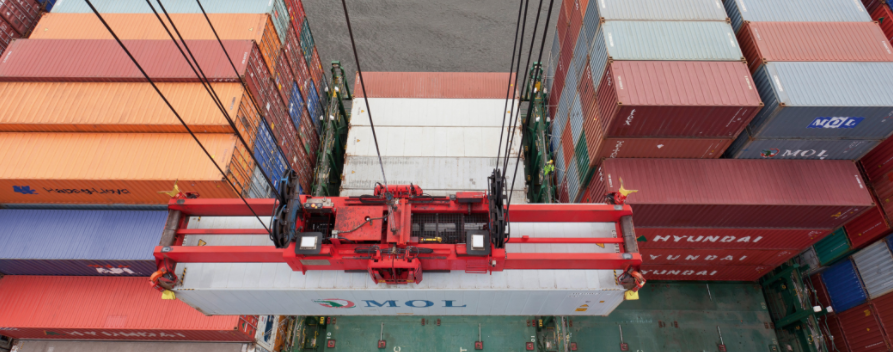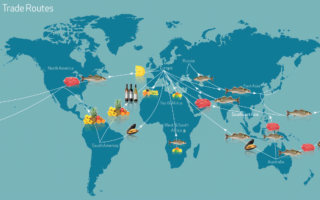Your own Web at China – Africa reefer industry?
For visionaries about China – Africa or Russia – Africa Reefer Trade
Reefer trade is close to dissapear,
do you have any idea about how all these ships can be useful in other businesses. Any solution for this current problem? An idea to exploitation the ships? Have you heard about agroships?
If you have good ideas about this, contact us here info@sylodium.com we will catch the money for you.
Then you can create your Web niche as Shanghai – West Africa Reefer Trade, Guangzhou – Nigeria containers, Moscow – SA Shipping Business 4.0, Beijing – East Africa Fresh Trade APPS, Russia - North Africa coordinated transport, etc
Your ideas mean money in Sylodium.
Trying to recover the reefer industry.
contact us here info@sylodium.com
trading from China or Russia to Africa?
Our logical business system, allows you to segment your target markets to be seen, and dominate the bilateral trade niches you choose
Sylodium is the unique platform that represent the reality (reproducing your business) of international trade in Internet.
“Disappearing reefer ships are the biggest change in 40 years of fruit import”
New from FreshPlaza.com
During the Amsterdam Produce Show, SFI Rotterdam’s team celebrated their 40th anniversary. Besides a branch in Rotterdam, SFI also still has an office in Hamburg. In 2011, Dirk’s son Jan-Marc and Peter de Jongh took over the company. “But I’m still in the office every day, as advisor and financier,” Dirk says.
Looking back on 40 years of SFI, he says the disappearance of reefer ships is one of the biggest changes for importers. “Back when fruit still arrived per reefer, you worked with other large importers. As a result of containerisation, every wholesaler can now import a container of fruit,” Dirk explains. The product range has also changed considerably over the years. “In the past we were very strong in citrus from Texas and Florida. Nowadays we’re a South American specialist, and the import of grapes, top fruit, plums and blueberries stand out in particular.”

Not any easier for Western importers
“I personally think it’s a disadvantage that the quality mark of fruit is apparently not as important anymore. Certain parties focus more on certificates than on the fruit itself, so that certain varieties and origins can barely be carried anymore. That’s not a good development. Fortunately, we have a good spread in our customer circle. Supermarkets are an important player in that, but luckily we aren’t dependent on them.”
“The majority of our customers are of supermarket suppliers,” Peter de Jongh confirms. “Although supermarkets are increasingly doing business at the source, they’ll never be able to import the entire volume themselves. During times of quality pressure or scarcity, they’ll always need flexible, independent importers to fill the programmes. That’s why we feel positive about the future.There’s only one way, and that is up. That’s why we’re currently orienting ourselves to see if we can expand our fruit import with product from South Africa.”
China - Africa 4.0 - 27/01/2019
China - Africa 4.0 - 11/09/2018

